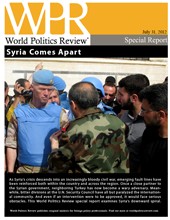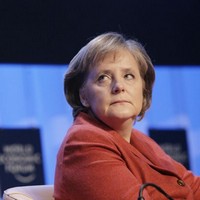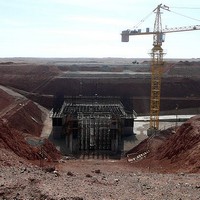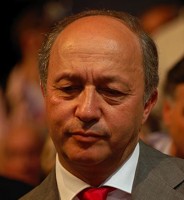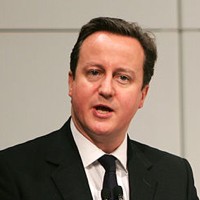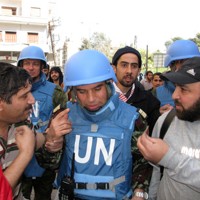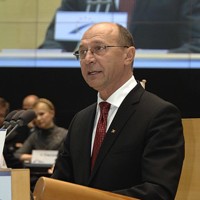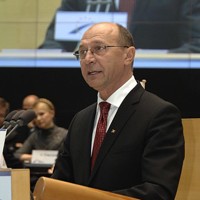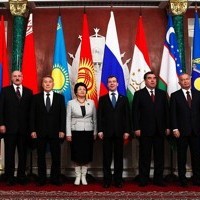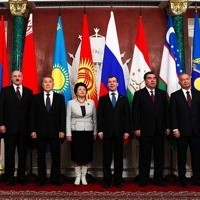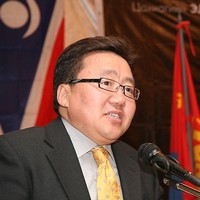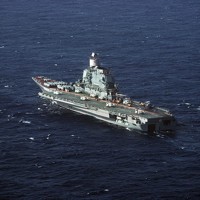
Last week, when the head of the Russian navy, Vice Adm. Viktor Chirkov, was quoted saying that Russia was seeking access to naval maintenance and supply facilities in Cuba, Vietnam and the Seychelles, the Russian government quickly denied the reports. The Russian navy abandoned almost all such overseas facilities more than a decade ago to save money and because it no longer had a global mission. Significantly, however, the government has not challenged Chirkov’s statement that Russia would construct new aircraft carriers starting after 2020. “At the moment,” Chirkov told the Russian news agency RIA Novosti, “the construction bureau has […]

